-

In the emerging dilemma on the prospects and conflicts surrounding the palm-oil, it is pertinent and relevant to ensure a better understanding of its multiple utilities in today’s world.
-
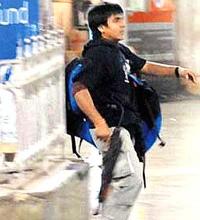
For almost over sixty hours, Mumbai, the financial capital of India, witnessed a series of terrorist attacks, multiple hostage crisis, mindless killings, fierce gun battles and at the end, a disrupted life. The terrorists have struck major targets, including luxury hotels and a Jewish Center frequented by Westerners and elite Indians, only to be holed up later inside these buildings with innocent civilians as hostages. Their demand was the safe release of Mujahideen held in Indian prisons.
-
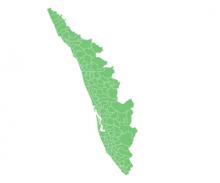
The identification of at least four slain Kerala-based militants in Jammu and Kashmir early this month raises some vital questions about Islam and terrorism in India: What inspired Muslim youths of Kerala to fight for a cause alien to them and that in a distant land? How far these Terror groups have penetrated India's hinterlands, getting easy recruits for their subversive activities?
-

To control increasing crime against women has been the most challenging task for Delhi Police. To tackle this dangerous situation, the Delhi Police started with an innovative approach of training women in self-defence training in 2002. The incidents that almost remained unnoticed and unregistered now have acquired increasing awareness and a proactive attitude to fight and eradicate them from society. The Police, instead of delivering lectures or talks, directly reached the target audience.
-
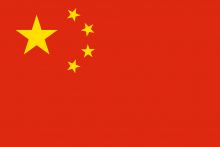
The Chinese government has once again conveyed a clear indication to the world of its ability to administer the local media in its favour during natural and human disasters. Even the government can mould the media reports for its own interest, as happened during and after the Sichuan earthquake. The Chinese media has shown contrasting behaviour with respect to two disasters- the SARS epidemic (2003) and the Sichuan earthquake (2008).
-

Conceptually speaking, terrorism is a dynamic concept, and India, being one of the oldest victims of terrorism, has witnessed many facets of it. As India increasingly goes online, the dangers posed by Internet terrorism are beginning to escalate. Cyberterrorism in India has now grown into a highly dynamic phenomenon that is difficult to track. Jaipur, Bangalore and Ahmedabad: almost all the terrorist attacks on Indian soil in the recent past have established an e-connection, a dangerous nexus between the virtual world and the real terrorists.
-
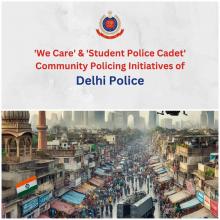
Once again, Indian cities are under terrorist radar and vulnerable to lethal attacks. In a matter of 24 hours, two big cities -Bangalore, in the south and Ahmadabad, in the western part of the country were targeted. This shows the entrenched capability of the terrorists to carry out attacks on urban centres and create mayhem by killing innocent people.
-
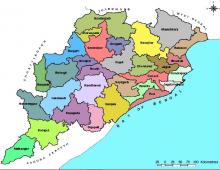
CPI-Maoist State Committee Secretary Sabyasachi Panda visited the Sambalpur division after the Nayagarh attack to strengthen the organization’s capability in northern Orissa. In fact, he visited the area three times before the Nayagarh attack. It is assumed that Sabyasachi might have monitored the movement in northern Orissa all by himself. This information was disclosed in March 2008 during the interrogation of Dhanu Dehuri, who was engaged in the proposal called the “red corridor” from Bargarh to Raipur of Chhatisgarh.
-

There seems to be no end to the spate of spine-chilling incidents of mob violence. The alarming regularity at which such incidents are taking place leaves no doubt in the minds of the people that our country is on the verge of civil unrest. All in the name of democratic dissent, getting quick justice and a perceptible pessimism about bringing the offenders to book, people resort to vandalism, physical thrashing, killing and lynching now and then.
-
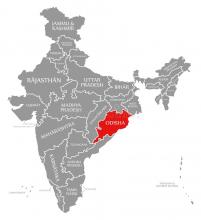
The Naxalite/Maoist movement in Orissa is gaining momentum gradually along with the State government’s proposed industrial zones. The red rebels have virtually set up ‘liberated zones’ along with industrial hubs in Orissa by adopting a new line of operations by mixing up both democratic and violent means to consolidate their position in these areas. Both the means are being used considering the geographical, social and political situations on the ground. As far as tribal regions are concerned, Naxalites are using violent means to maintain their support base.
Paxton ported to drupal by DropThemes.in